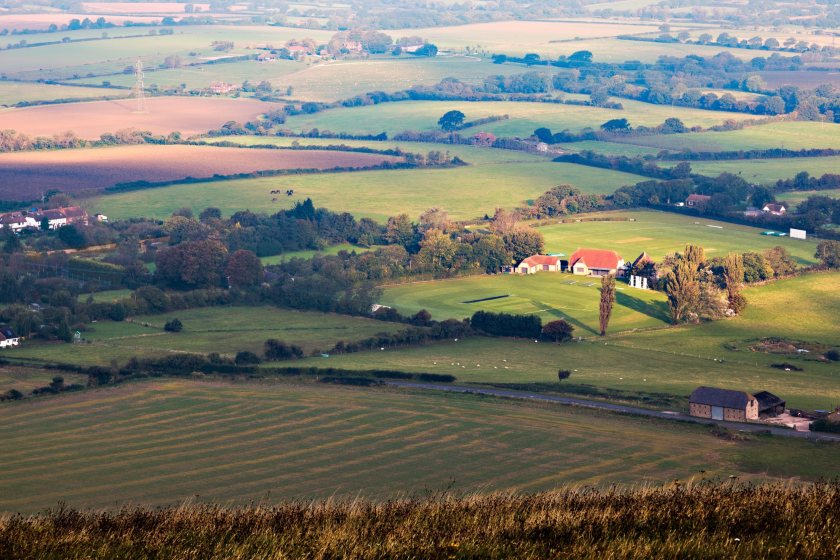Poll suggests zero farmer support for Labour

Labour has suffered a fresh blow in the countryside after a new poll revealed that not a single farmer plans to back the party at the next general election.
The survey of 500 members, carried out by the Country Land and Business Association (CLA), found 0% support for Labour among farmers.
The poll indicates that the Conservatives currently lead among farmers, with 38% support, closely followed by Reform on 36%.
Labour, meanwhile, has lost what little backing it once enjoyed in the sector.
Analysing the results from the CLA's survey, the Countryside Alliance said the result is a "stark reminder of how low Labour’s stock has fallen within at least a section of the farming community".
The alliance pointed to Labour’s controversial proposal to apply inheritance tax to agricultural property as a key turning point.
"There will be those in Labour who believe that this does not matter as farmers are electorally irrelevant," the group said.
Although farmers make up only a small proportion of the electorate – around 300,000 farmers, directors and spouses across the UK – the alliance warned against underestimating their political significance.
It said: "Even in the most rural of seats they will only ever make up a small proportion of voters so it is possible to argue that the farming vote is insignificant, especially as there may be an assumption amongst Labour strategists that the majority were not in any way their natural supporters.
"That, however, would be to misunderstand the totemic status of farming and the countryside amongst a much wider proportion of the electorate."
The alliance acknowledged that Labour has time to repair relations before the next general election, which is not due until 2029.
However, it urged the party to listen more closely to rural voters and its own rural MPs.
A new group of 26 MPs, the Labour Rural Research Group, has been established “to ensure policy reflects the specific challenges and opportunities of life in our countryside and rural areas”.
Its first report highlighted that rural voters share the same priorities as those in towns and cities – healthcare, jobs, the cost of living and the environment – but stressed that these challenges need to be addressed in ways that reflect the unique circumstances of rural life.
Crucially, the group did not recommend wading into the culture-war politics sometimes associated with rural issues.
Instead, it underlined the need for practical solutions to service provision, skills gaps and long-term opportunities in the countryside.








